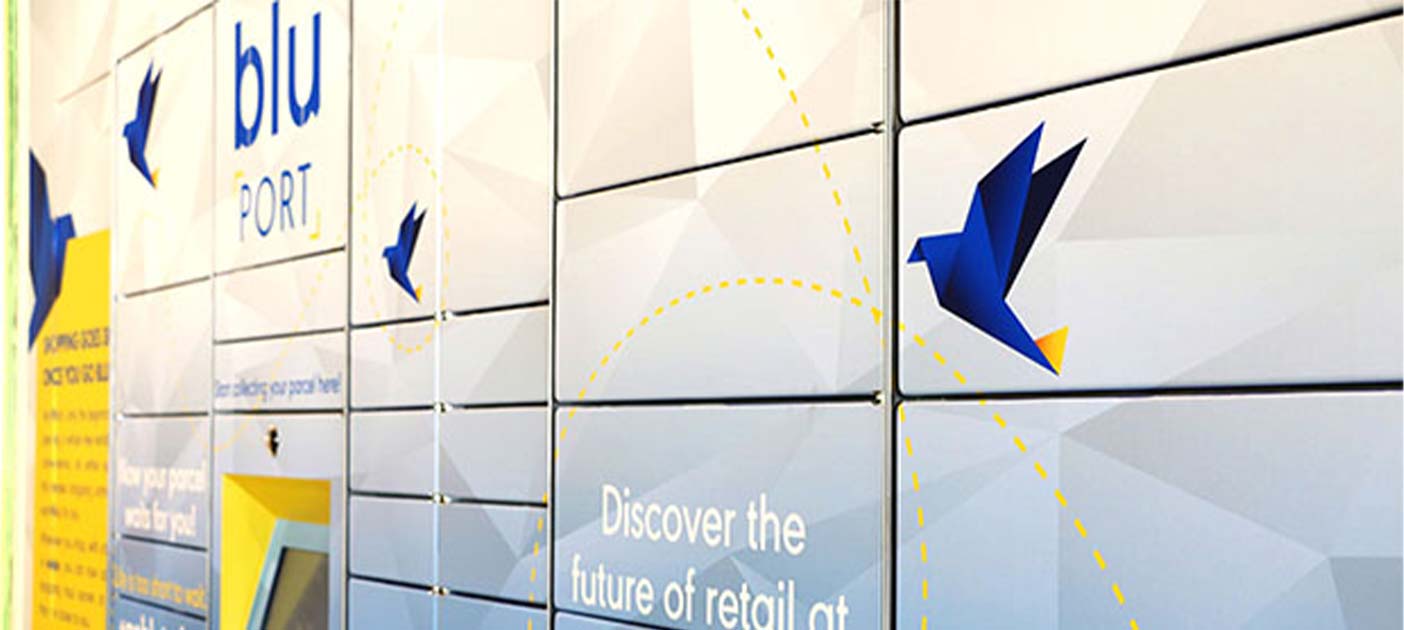Logistics as Retail Solutions
Creating a seamless shopping experience for today’s consumers.

In today’s digitised world, it is difficult if not impossible to segregate the online shopper from the offline shopper. An individual looking for a pair of new headphones, for example, may begin looking for reviews online, before accessing online shopping channels for the best bargain. They would then browse the shops, do a few test comparisons, and then return to their phones to take that final step, which is to make the purchase.
Creating a seamless shopping journey for consumers, businesses need to move towards a collaborative retail ecosystem that transcends both online and offline channels. This means following consumers on their entire path to purchase, to the point of delivery.
Providing an end-to-end service
We’ve seen innovations in the last mile logistics space - whether through the use of parcel lockers, store collections, drop ship methods, or even “uberfying” and using a distributed asset model. However, instead of focusing only on the final stage of retail, logistics companies need to look at the retail infrastructure as a whole. It needs to redesign the way logistics is viewed, moving from “logistics solutions” to “retail solutions.” While these services have taken off, the rest of the upstream processes have largely remained. This poses a challenge for logistics companies to redesign their systems to enhance the customer journey.
Although logistics is an essential component of online retail, most online retailers only see themselves as order takers. They outsource the delivery of goods to a third party and trust that their customers would be satisfied with the service provided. During this interchange, there is much room for error – from complicated order tracking to parcels getting lost – resulting in unhappy customers.
From a business perspective, a third-party logistics company has no motivation to improve customer service – after all, they are simply the postman paid to deliver goods. This becomes a problem, since the delivery of goods are often the touchpoint between retailers and their customers. Without clear visibility of the service provided by a third party, businesses are taking a big risk. The broken supply chain also results in items getting lost in transition.
Instead of taking a risk on third-party logistics, businesses should embrace infrastructure frameworks that provide an end-to-end solution, encapsulating automation and integration across the entire value chain. From the order management processes, inventory management, to order fulfilment and last mile delivery, everything should be linked for better visibility and more efficient processes.
Embracing change
The good news is that the Singapore government will continue investing in an omni-channel shopping experience, as part of its goal to become a digital economy. Through integrated digital ecosystems, it plans to equip more brick and mortar retailers with capabilities to run online transactions and fulfil deliveries efficiently. It is also looking into inventory management across ecommerce platforms by exposing retailers to new business models.
Retailers in Singapore may have taken the first step to creating a more seamless shopping experience, but more needs to be done and businesses have to act quicker if they want to keep up with the rest of the world. A mindset shift is required for retailers to truly embrace digital, and include logistics into their customers’ purchase journey. Retailers need to move out of their silos, and look at the retail journey as a whole for the industry to remain vibrant and attractive so that consumers will keep coming back.
This article was written by Prashant Dadlani, founder of blu, for DBS BusinessClass.
Was this information useful?
Thanks for your feedback
Subscribe to DBS BusinessClass
Stay updated with the latest market trends and industry insights, connect with a network of entrepreneurs, and gain access to exclusive event invitations. Join Asia's fastest growing business community – get your complimentary membership here.





That's great to hear. Anything you'd like to add?
We're sorry to hear that. How can we do better?